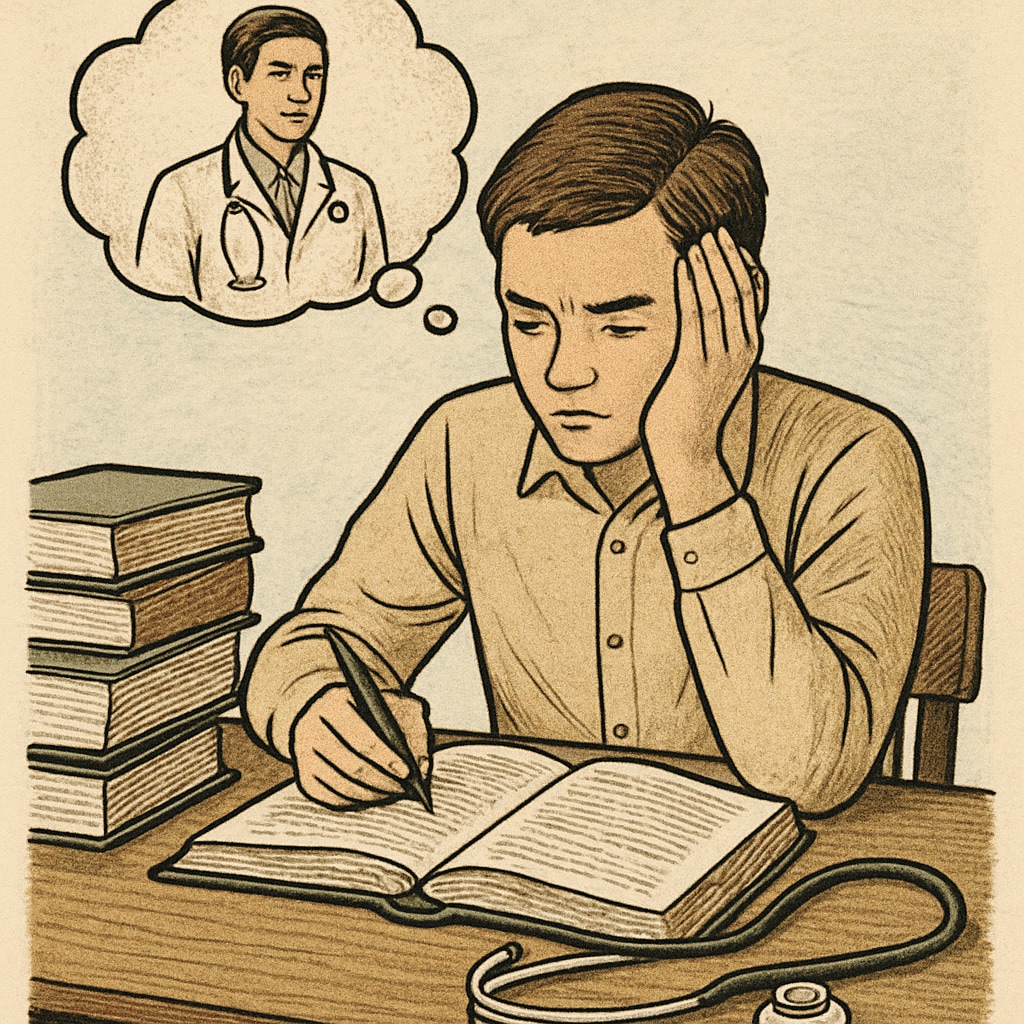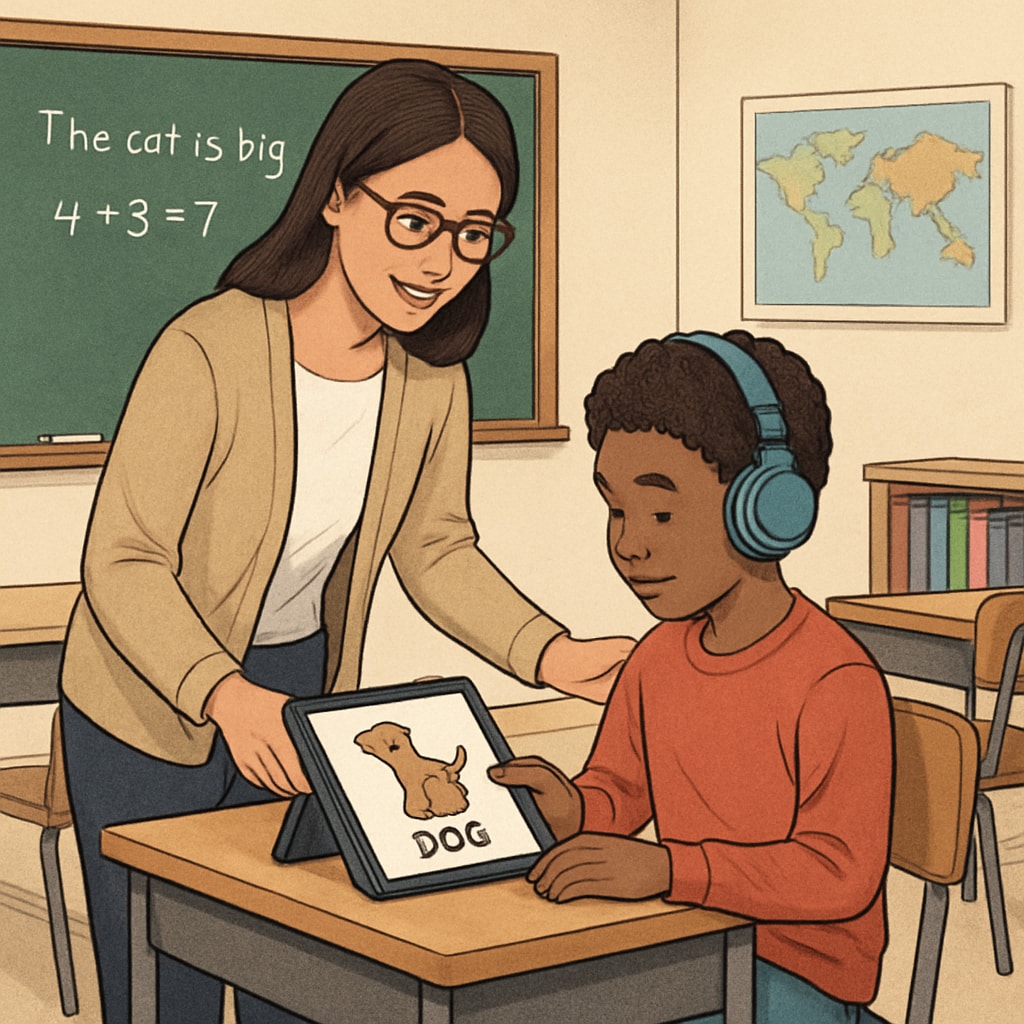In today’s education system, students with learning difficulties often face barriers when pursuing ambitious goals, such as a career in medicine. The rigid structure of traditional schooling, coupled with the high demands of medical education, can make these dreams seem unattainable. However, with personalized education approaches, robust support systems, and reforms aimed at equity, such students can find pathways to succeed. This article examines the challenges they face and explores practical solutions to help them overcome these obstacles.

Structural Challenges in the Current Education System
The modern education system often prioritizes standardized testing and a one-size-fits-all approach to learning. For students with learning difficulties, such as dyslexia or ADHD, this structure can be a significant obstacle. These students may struggle to keep up with strict curriculums and high-pressure environments, particularly in fields like medicine, where academic rigor is paramount.
Furthermore, the lack of specialized resources and individual attention can exacerbate these challenges. According to Wikipedia on Special Education, many schools still lack the infrastructure to support diverse learning needs effectively. This makes it difficult for students with learning challenges to access the tools and accommodations they require.
The Importance of Personalized Education
One potential solution to these issues is the implementation of personalized education strategies. By tailoring learning experiences to each student’s unique needs, educators can help students with learning difficulties build confidence and excel academically. This approach emphasizes flexibility in teaching methods, allowing students to progress at their own pace without compromising the depth of their education.
For example, incorporating assistive technologies such as text-to-speech software or adaptive learning platforms can make complex subjects like biology or chemistry more accessible. As a result, students can focus less on their limitations and more on mastering the skills needed for a medical career.

Building Comprehensive Support Systems
In addition to personalized education, robust support systems are crucial for empowering students with learning difficulties. Mentorship programs, counseling services, and peer support networks can play a pivotal role in building resilience and fostering a sense of belonging.
For instance, mentorship programs that pair students with professionals in the medical field can provide valuable guidance and inspiration. Similarly, counseling services can help students navigate their emotional and mental health challenges, ensuring they remain focused on their goals.
According to Britannica’s overview of education, fostering inclusive environments is essential for student success. Schools and universities must prioritize these initiatives to create spaces where all students feel supported, regardless of their learning abilities.
Reforming Education Equity
Finally, systemic reforms aimed at educational equity are necessary to address the root causes of these barriers. Policymakers must ensure that funding for special education programs is adequate and that schools are held accountable for meeting the needs of all students.
In addition, reforms should promote fair admissions processes for competitive programs like medical schools. By considering a student’s potential and unique circumstances rather than solely academic metrics, institutions can encourage diversity and inclusion within their programs.
Reforming education equity is not just about helping students with learning difficulties; it’s about creating a system that values varied talents and perspectives. As a result, the medical field—and society as a whole—can benefit from the contributions of individuals who have overcome unique challenges.
In conclusion, the journey to achieving medical dreams as a student with learning difficulties is undoubtedly challenging, but it is far from impossible. With personalized education, robust support systems, and equitable reforms, the barriers can be broken down. Every student deserves the chance to pursue their aspirations, regardless of their learning challenges, and it is our shared responsibility to ensure that these opportunities are available.


